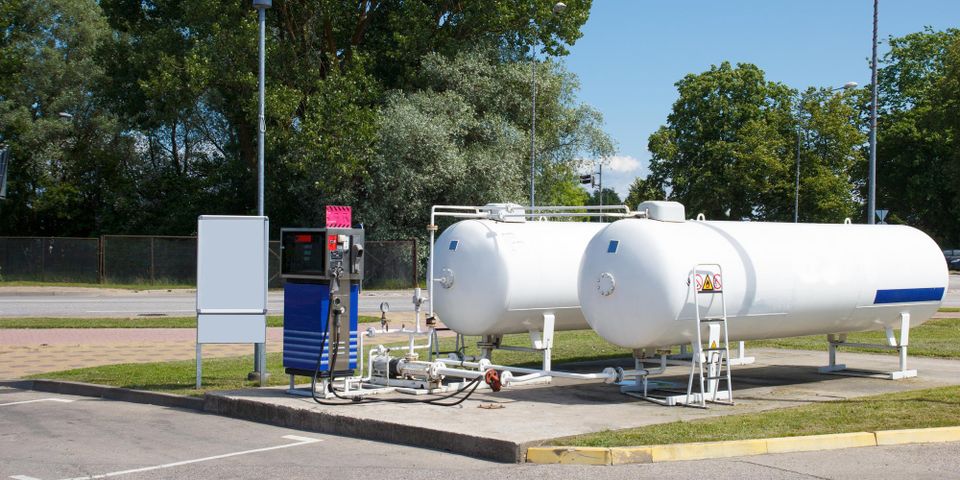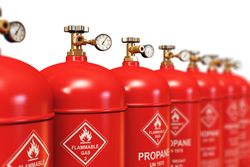How Does Propane Use Benefit the Environment?

As one of the most efficient energy sources on the planet, propane makes it easy for any business to reduce their carbon footprint and save money. The hydrocarbon gas also offers ease of use since it doesn’t require costly underground piping installations, unlike natural gas. Here’s a closer look at propane’s eco-friendly benefits if you’re thinking about switching from natural gas or refined oil.
Frequently Asked Questions About Propane’s Environmental Benefits
Does propane create harmful emissions?
The naturally odorless, colorless, nontoxic gas burns cleanly and vaporizes when it’s exposed to air due to its low carbon content. It’s not classified as a greenhouse gas because it produces fewer emissions than heating oil when used in homes and businesses as well as fewer tailpipe emissions in vehicles compared to diesel and gasoline. An EPA-approved gas option, propane was part of the Clean Air Act of 1990 and subsequently listed as a clean fuel.
What impact does it have on soil, animals, and water?
While stored as a liquid, propane’s vaporization properties prevent it from polluting soil and waterways or harming wildlife. Spillable, floatable oil inflicts serious environmental harm, such as smothering small invertebrate and fish species and coating the feathers and fur of birds and mammals. Seabirds and sea otters are among the species most affected by oil spills, an issue propane eliminates.
Is it efficient?
 The gas reaches optimal temperatures at a faster rate than other fuel sources, allowing home and business owners to reduce their energy output. Businesses get to lower their bottom line and market themselves as green companies that clients want to support when they make the switch. The clean fuel’s efficiency can also help boost employee morale because they feel proud to work for businesses that care about their environmental impact.
The gas reaches optimal temperatures at a faster rate than other fuel sources, allowing home and business owners to reduce their energy output. Businesses get to lower their bottom line and market themselves as green companies that clients want to support when they make the switch. The clean fuel’s efficiency can also help boost employee morale because they feel proud to work for businesses that care about their environmental impact.
Are the cylinders recyclable?
Cylinders, tanks, and bottles containing the eco-friendly fuel offer scrapping opportunities to reduce waste. Since all containers contain trace amounts of the gas, they must be disposed of responsibly at a tank exchange or recycling center. Tanks and other containers undergo depressurization prior to recycling and have their fittings and valves removed, both of which are also recyclable.
If propane is right for your business, set up deliveries with Georgia Gas Distributors. A member of the metro Atlanta, GA, community since 1957, this locally owned supplier offers the quality products and superior customer service clients trust. Call (404) 497-1600 today to create an account or visit the company online for pricing information.
About the Business
Have a question? Ask the experts!
Send your question

